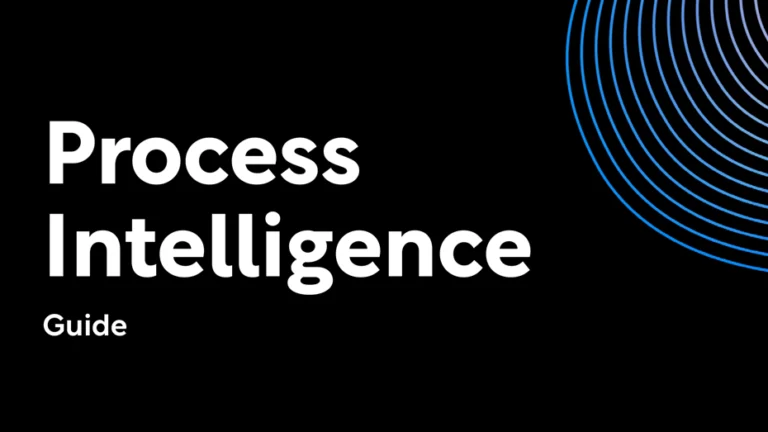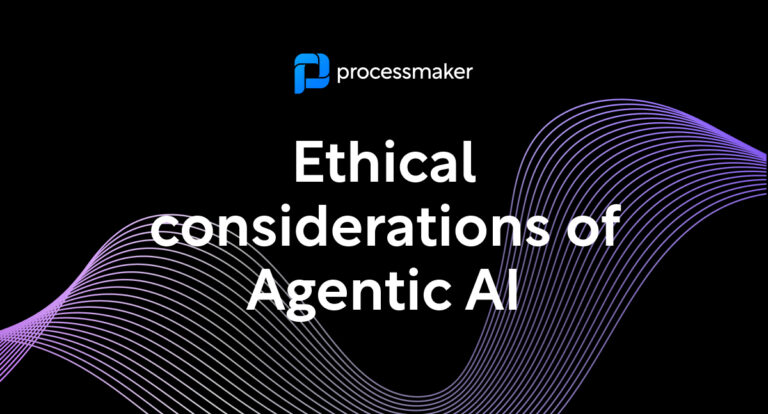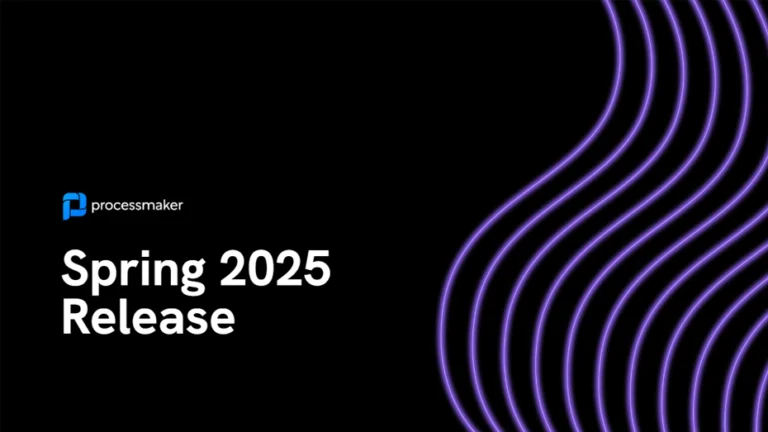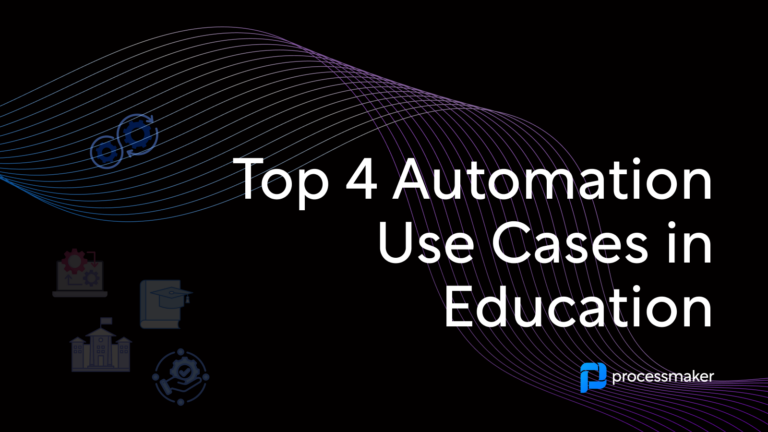Do you truly know your customer? For banks, the process is more than being on a first-name basis. Impregnable Know Your Customer (KYC) checks are the foundation of a bank’s cybersecurity efforts—and can have significant impact on your bottom line.
Why? Fines issued under Anti-Money Laundering (AML) and KYC infractions are on the rise. In 2019, one-quarter of the world’s top 50 banks were on the hook for steep fines. With authorities cracking down, it’s more important than ever to shore up KYC initiatives.
Here are the top 3 trends driving the growing importance of KYC:
1. Escalating frequency of data breaches
Convenience reigns king when it comes to luring new customers, encouraging many banks to hasten onboarding by eliminating internal roadblocks. However, KYC is a dangerous realm for cutting corners. Cybercriminals are hoisting the battering ram at the data door, prowling for personal information like email addresses, phone numbers, and social security numbers.
Breaking news headlines continually underscore the importance of a bulletproof Know Your Customer process. Many of the world’s largest companies are on the hook for big breaches, including Facebook, Shell, and Target, making smaller institutions even more vulnerable. Bad actors are becoming increasingly industrious, putting the onus on banks to shore up their data defenses.
2. Steep regulatory hurdles
Banking is one of the world’s most regulated industries. Instead of much-needed relief, the past couple of years have brought on even more compliance pressure, with global KYC and AML fines averaging $86.1 million per infraction in 2019.
COVID-related initiatives like Paycheck Protection Programs and expanded SBA Loans in the United States continue to put banks in the regulatory hot seat. These opportunities for lucrative funds are a breeding ground for criminal behavior and increase scrutiny by regulatory bodies. Fines insured to banks could surpass $8.4 billion this year alone, and banks with more relaxed KYC checks in place will foot the massive bill.
3. Outdated data-centric identity checks
Cybercriminals have worked up an unprecedented appetite for Personal Identifiable Information (PII), upping the need for innovative verification strategies. The dark web is booming with personal details like social security numbers, email addresses, birthdates—even passports—all available to more bad actors for a nominal fee. Experts also find troves of more nuanced details used for identity verification like mother’s maiden name and pet monikers. The availability of this data makes it easy for offenders to impersonate legitimate customers, making it far trickier for banks to rely on this outdated method.
KYC is pivoting away from these static verification models towards more inimitable methods like blockchain and biometrics. Thanks to advances in smartphone tech, fingerprints, optical scans, and selfies serve as the new frontier of identity verification. By establishing their own customer records during onboarding, or linking in with a government database, banks can combat cybercrooks with more dynamic, hard-to-replicate verification methods.
Banks aren’t the only sector in the hot seat: healthcare organizations, rideshare companies, and online gaming venues require increasingly sophisticated KYC checks. Fortunately, with so much weight behind the initiative, technological advances to avoid bad actors are improving rapidly. Is your bank ready to shore up KYC checks for the digital demands of tomorrow?





